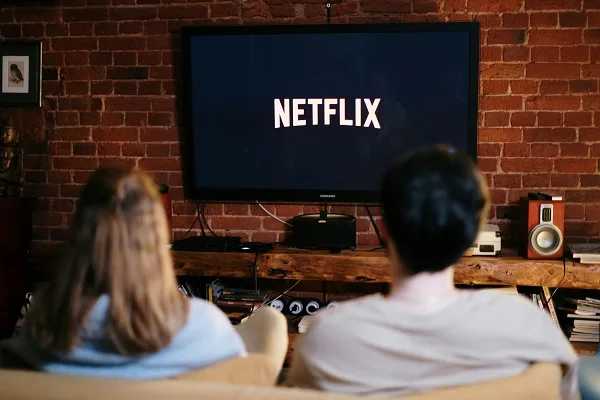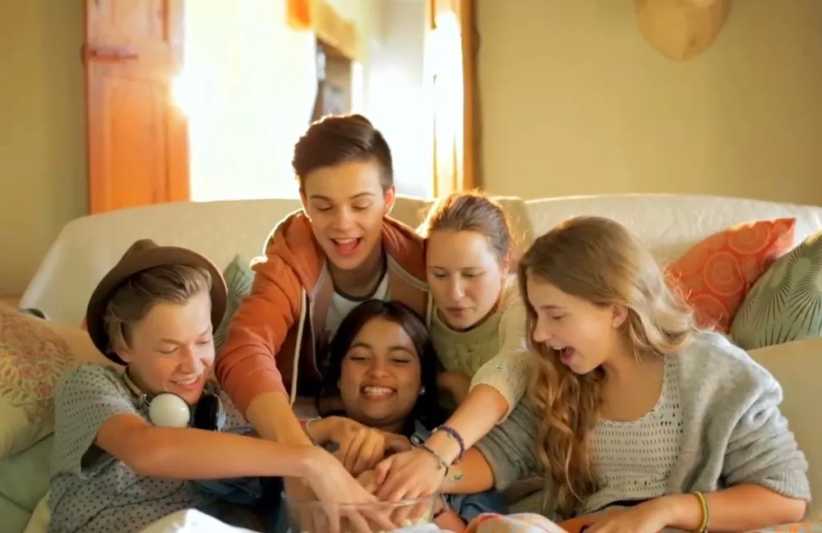Nowadays, for your 6th birthday, instead of monster trucks, Barbie dream houses, and trips to Disney World, you ask your parents for a cellphone. Shockingly, some children do get their first phone at the age of 6! When I was a kid, the only phones in the school playground were toy “Kim Possible” “Kimmunicators.”
I did not get my first cellphone until high school, and it was a flip phone with prepaid minutes and no texting feature. The only calls I ever made were to my parents to let them know when I got out of school and was coming home. I was not gifted a smartphone until college.
These days, young people are tethered to their phones. Whether one is texting friends, updating social network accounts, or playing games, a phone seems to be an essential for this generation. With the rapid developments in technology, cellphones offer plenty of resources for today’s youth and can promote greater independence. However, when phones start becoming an extra appendage, it can adversely affect family life and jeopardize safety.
Cellphones may be a godsend to parents. When I was a toddler, I would throw a tantrum whenever my family traveled. If I had been born in this century, my parents could have pulled up cartoons on their smartphones for those “long” 20-minute rides to Grandma’s. Phones may have done their job of occupying youngsters too well. Kids often prefer their virtual networks to their real-life ones. With cellphones in hand, they can easily escape socializing with family and friends at any time.
It is understandable that there are times when young people do need the privacy their phone provides. Nonetheless, clinging to a cellphone may cause one to miss out on opportunities to meet new people and create fond memories.
In order to strike an ideal balance between the virtual life and real life, set some guidelines.
First, my parents and I agree upon a list of situations where we cannot be on our phones: dinners with extended family, holiday parties, and family vacations. We also have prepaid data usage to limit the amount of web browsing we can do on our cells. What do you do during those predetermined times when you cannot use your phone? At a family gathering, I catch up with my cousins who live far away, strike up a conversation with my grandmother, or offer to help my aunts and uncles prepare dinner.
Develop good habits for cellphone usage by learning to take precautions for your own safety. It goes without saying that you should never text and drive or ride your bike. Also, restrain from using your phone while walking. Be aware of your surroundings. I have seen people crash into others, run into street lamps, and walk straight into the middle of traffic, because they were busy texting.
Be mindful of who you communicate with and what you send over text message. Never connect with anyone you do not know in person without permission from your parents. Be aware that even if your app claims to delete messages automatically, every text is still recorded.
Also, avoid apps that allow others to see your present location.
Lastly, a word to parents: If possible, look for opportunities that can instill the importance of real-life experiences. This is an attitude your kids will carry with them in life and will help them be less dependent on their phones in the future. Since smartphones function more as toys than actual telephones nowadays, find alternatives for Pokemon Go and Candy Crush that will get kids interacting with the physical world.
Try exploring a nearby park. Go for a family bike ride. Encourage your kids to pick up a sport, make some crafts, or check out some books and join a library book club. Encourage your kids to hang out with their friends in person rather than over social media.
The key to unplugging is really about presenting alternatives and emphasizing that the physical world offers far more than the virtual one. Because technology has come to infiltrate all areas of life, learning to put down the phone is a lesson for the whole family. This is not easy, but can be achieved in small steps with the mindset of prioritizing what matters the most in life: actual, real-life experiences.
Aglaia Ho is a senior at Williams College and a native New Yorker. She also writes for her own blog at www.aglai













